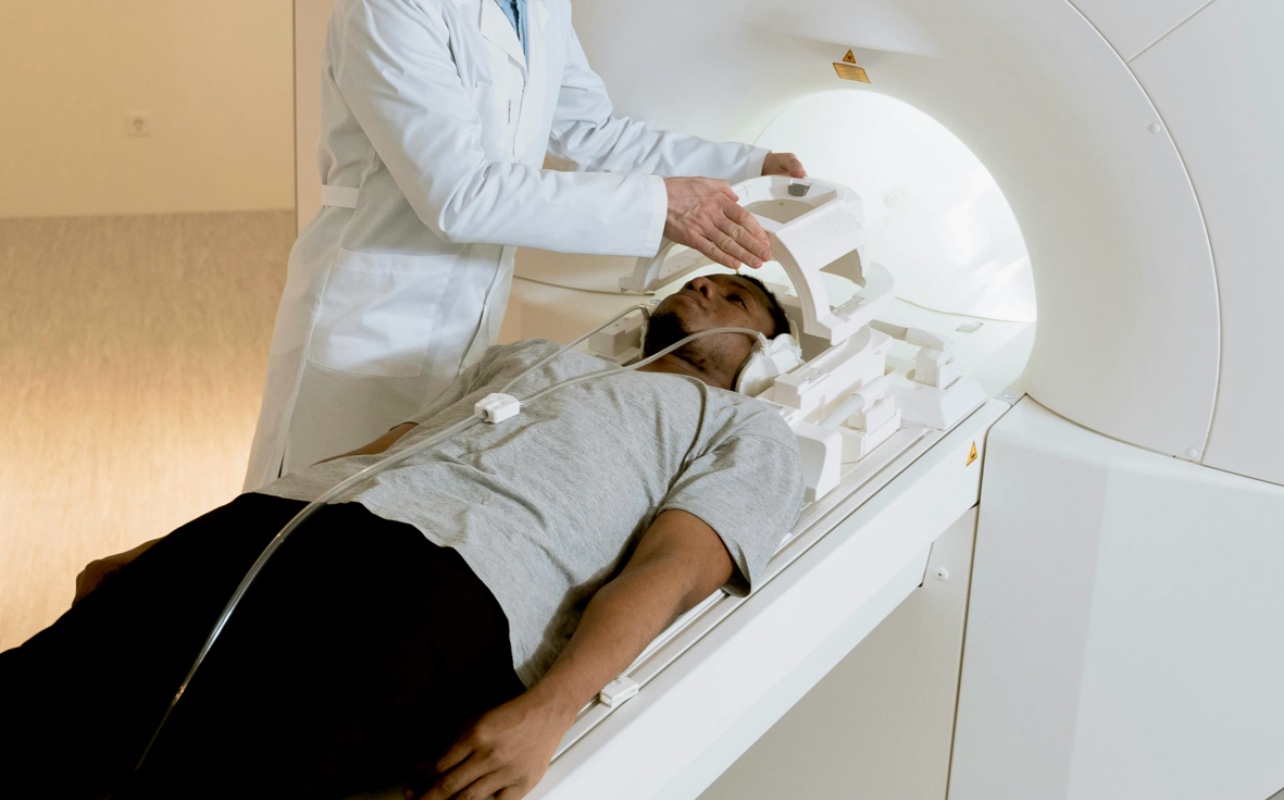
August 7, 2024
Innovative AI Technology To Be Used To Detect Heart Attack Risks In Patients
NHS England reveals the use of an AI technology model that can detect heart attack risks that otherwise would not be picked up by a CT scan.
Artificial intelligence (AI) technology is being used to enhance the ability to detect heart attack risks.
Thanks to a new model helmed by NHS England, the technology can be used to detect inflammation in the heart, which wouldn’t show up on a CT scan. The software, which is a pilot project, combines X-rays and computer technology. It is currently being implemented in five hospital trusts located in Oxford, Milton Keynes, Leicester, Liverpool, and Wolverhampton.
Developed by Oxford University spinout company Caristo Diagnostics, a concrete decision on whether the AI technology will continue to be used to detect heart attack risks is expected to be made by NHS England within months.
To be eligible to participate in the pilot, patients must suffer from chest pain and be referred for a routine CT scan. From there, the scan is analyzed by the Caristo Diagnostics’ CaRi-Heart AI platform.
“This technology is transformative and game-changing because, for the first time, we can detect the biological processes that are invisible to the human eye, which precedes the development of narrowings and blockages [within the heart],” said University of Oxford professor Keith Channon.
According to the British Heart Foundation (BHF), roughly 7.6 million people in the UK are living with heart disease. Moreover, approximately 350,000 patients are referred for a cardiac CT scan each year in this country.
Using the CaRi-Heart AI platform, coronary inflammation and plaque detected through an algorithm is assessed by trained operators in order to verify its legitimacy. At this time, research reveals that increased inflammation is directly linked to a higher risk of both cardiovascular disease and fatal heart attacks.
Funded by BHF, the Orfan study (Oxford Risk Factors and Non-invasive imaging), 40,000 patients were tested and it was determined that 80% of people were sent back to their primary care physicians without defined prevention or treatment plans. Additionally, the study found that the use of AI technology helped 45% of the patients to be prescribed the proper medication needed to manage their conditions. They were also encouraged to make lifestyle changes to prevent the risk of future heart attacks.
At this time, Caristo Diagnostics has already begun to adapt the AI technology, used to detect heart attack risks, to also prevent other health ailments like strokes and diabetes.
RELATED CONTENT: Health Experts Warn ‘COVID-19 Never Goes Away’ Amid Rising Summer Cases